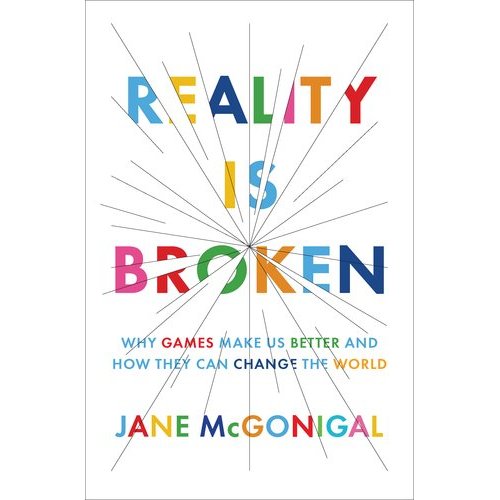I’m a bit on the fence when it comes to our society’s growing love affair with technology.
On the bright side technology can be used to save precious resources (e-books vs. paperbacks, e-mails vs. letters, downloading through iTunes vs. buying CDs and DVDs). Unfortunately, those who use this omnipresent force have a strong tendency to fall to the dark side. By this I mean a gluttonous lifestyle in which perfectly good products are thrown out just to make room for negligibly improved newer versions.
I know, I know, I’m starting to sound like a grumpy granola cruncher, but you should know by now how bittersweet of a guy I am. I often start off bitter, but always end on a sweet note :).
Well folks, this entry’s sugary content revolves around my friend Nick. You probably know him he runs an upbeat multimedia/tech blog just a few doors down, which is so refreshingly filled with :)s that I have decided to 🙂 a bit more also.
In particular his post on Fox News’ criticism of a new game really got my attention. It helped me see some really interesting parallels between the sustainability movement and the video game industry. Both groups have had a hard time communicating their relevance and gaining acceptance within society. Both groups continue to face strong opposition that they must sway by providing information, through marketing of course. Environmentalists try to change the perceptions of those who ignore climate change, while video game producers have to continually defend themselves against pundits who claim mass gaming leads to laziness, obesity, and violence.
Well anytime I notice commonalities, I look for opportunities for synergy and this brought to my attention a book called “Reality is Broken.” In this book renowned game designer Jane McGonigal shares some groundbreaking research concerning the merits of video gaming. Her findings show that by spending extensive hours solving puzzles and using teamwork to progress through levels, video gamers actually have extremely adept critical thinking, problem solving, and collaboration skills. She goes on to argue that if real world crises can be incorporated into online video game mediums, we can examine how gamers handle these situations in order to find and test innovative solutions that may be applied in the real world. The greatest benefit to this form of idea generation is that it is essentially free (the game designers may even make a profit if the game is appealing enough) as opposed to the high price tag of professional researchers.
An example of this new breed of video games is “World Without Oil,” a game in which video gamers are tasked for finding ways to cope in a post-peak oil world. Another is SimCity Societies in which players must design and manage an entire society, and most importantly have to deal with the consequences of poor design. “For instance, if players choose to use coal power instead of more sustainable energy sources like wind and solar, they will be forced to invest more in health care as their population becomes sick as a result of the excess pollution”.1
Clearly there are substantial social and environmental benefits to developing and promoting this line of technology. Though I am usually against taking advantage of untapped resources, I think we are warranted in capitalizing on the extensive creative capacity of video gamers. Their ability to see patterns, put pieces together, and work with others to overcome challenges have saved and brought peace to many fictional realms, so why not use their mental abilities to save our own :).
Source:
1 – http://www.brighthub.com/environment/green-living/articles/19821.aspx
